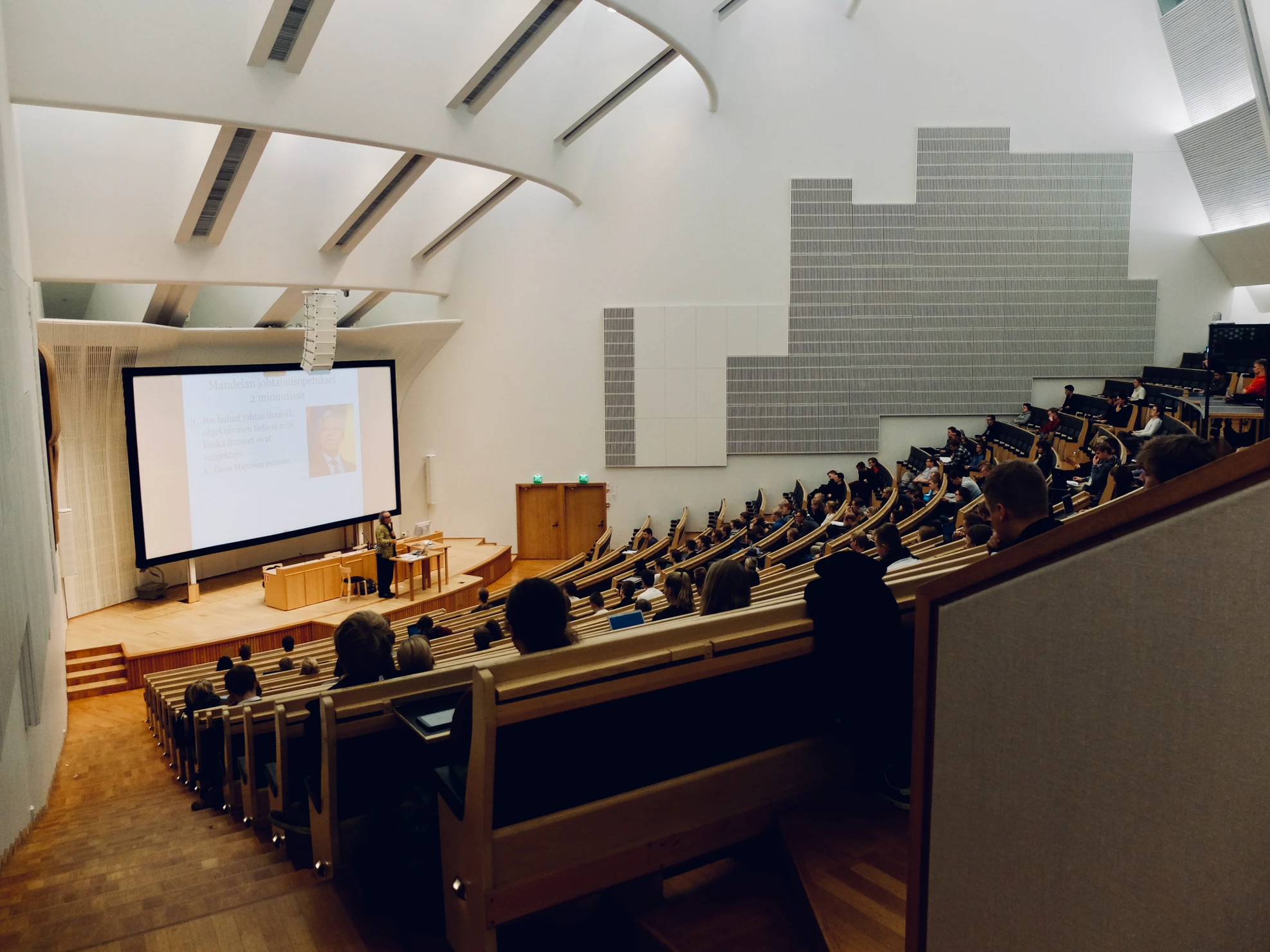According to a report from the National Center for Education Statistics, 62% of students take longer than four years to graduate. The Biden administration outlined reasons for low graduation rates including overall income, difficult transferable courses and family planning.
GRADUATING FROM BIOLA
Though the Biden administration plans to reshape university timelines for success, Associate Vice President of Student Success and Academic Engagement Carrie Stockton shared Biola’s measure of success.
“Our average time-to-degree across all programs is four years,” Stockton said.
Despite the average time-to-degree of four years, certain majors require more time to graduate than a typical four-year degree. Nursing, engineering and music degrees may require up to five years to complete in addition to the core and Bible minor requirements, according to Stockton.
Other reasons include students switching their majors close to graduation, adjusting to a more challenging field or struggling with learning disabilities—a situation that faced senior public relations major Kara Eggink.
“I struggled a lot when I first started college because I had undiagnosed learning disabilities I was unaware of,” Eggink said. “I’ve learned that I should only be taking 12-14 units a semester versus 15-18 that most students tackle.”
By taking lighter course loads, this can prevent some students from graduating in four years.
WHAT DOES THIS LOOK LIKE FOR SUPER SENIORS?
Most students do not expect their college career to last longer than four years, as the expectation for completion is measured within this timeline by many universities, including Biola.
“When you’re about to graduate high school there’s pressure to feel like you need to complete college in four years, and if you don’t, you must be a failure,” Eggink said.
Despite the age gap in classes, Eggink expressed gratitude for her extended time at Biola that opened doors in terms of work experience.
“Having a longer than normal college experience has helped me qualify for internships longer,” Eggink said.
Though extending a student’s college career adds value in some cases, Stockton stated the importance of university leaders to keep promises to their students and remain transparent about the time required to complete a degree.
“If there are institutional barriers for students that keep them from being able to graduate in four years and that’s what the university has promised, the university has a responsibility to address those barriers,” Stockton said.












